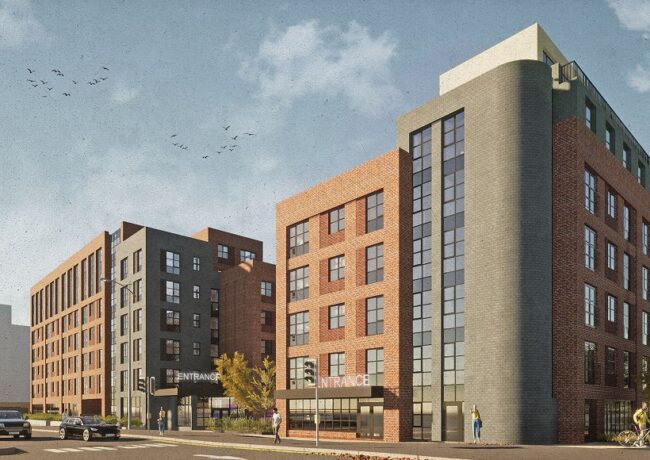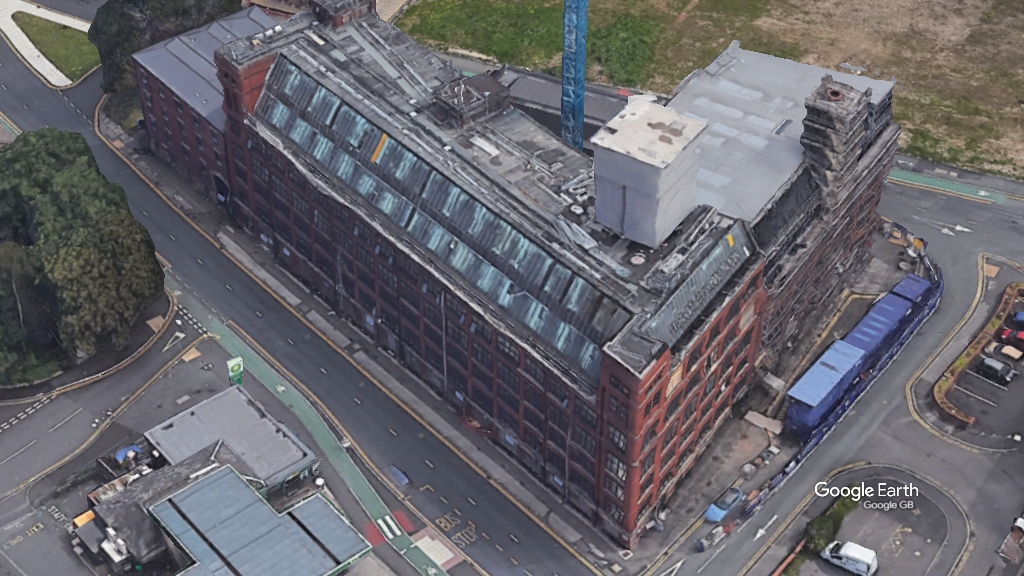BUDGET 2011: Enterprise zones for Manchester and Liverpool
Greater Manchester and Liverpool were among the first ten enterprise zones named in the Budget – the precise locations will be unveiled on Thursday.
The market will be waiting to hear if the whole or just part of Liverpool city region and Greater Manchester will qualify for the tax breaks, relaxed planning and capital allowances incentives that come with enterprise zone status. Critics of past enterprise zones claim they are expensive for the number of jobs created and encourage so-called boundary jumping from non-qualifying authorities into qualifying ones.
A further ten will be announced in the summer following a competition. The first enterprise zones will be in:
- Liverpool city region
- Greater Manchester
- Birmingham and Solihull
- Leeds city region
- Sheffield city region
- West of England
- Tees Valley
- North Eastern
- The Black Country
- Derby, Derbyshire, Nottingham and Nottinghamshire
- London
New businesses moving into an enterprise zones will be exempt from business rates and council will be able to keep business rates in the area for up to 25 years.
Mark Radford, head of Jones Lang LaSalle's regional rating team, said: "Whilst we await more detail due to be released tomorrow, it appears that the Chancellor's announcement on the creation of Enterprise Zones is an initiative focused on attracting SMEs into these zones rather than larger corporate occupiers as there is a ceiling on the amount of rate relief, and the benefits will only apply to new businesses moving into an area."
Mike Walker, director and head of the Manchester office of Colliers International, said: "Confirmation of the reintroduction of Enterprise Zones is a welcome sign that the coalition is focusing on growth as well as reducing public expenditure, although £100m will be spread fairly thin across 21 different zones over four years.
"The main criticisms of previous Enterprise Zones were that some of them were in areas of long term structural decline, and that jobs created were simply displacing employment from elsewhere and disappearing when the incentives ran out. To have any lasting impact these incentives need to be focused on areas with high growth potential and which can deliver near term employment rather than just shiny new buildings on derelict land."
Stephen Chalcraft, partner and head of public sector and commercial real estate at Pannone LLP, said: "Previous enterprise zones didn't create the level of jobs they were expected to and the worry this time is they could lead to empty buildings being knocked down if they don't work. Spending £100m across 21 is not going to go that far in reality. We might be better off supporting affluent areas that are more likely to produce returns in terms of jobs rather than ploughing more money into areas where there is low demand."
Graham Stock, partner from Drivers Jonas Deloitte in Manchester, said: "The relaxation of planning regulations both nationally and specifically within Greater Manchester's new Enterprise Zone is a well timed shot in the arm for the city's economy.
"It's clear too that this idea is not a like-for-like resurrection of Thatcher's policy from the '80s which was by and large focused on low-grade industrial growth, with Osborne's emphasis on high-speed communications infrastructure and sustainable development.
"Key to their success will be swift implementation of both the radical planning reforms discussed. They will take time to nurture so the Government and Manchester's LEPs must move fast to maintain the impetuous."
Simon Reynolds, head of offices at GVA Manchester, said: "Dependent on the exact location – East Manchester maybe? – of an Enterprise Zone, the rate relief (capped at £275,000 and five years) will help, as will rapid introduction of super-fast broadband in them; but remember it took 25 years from the inception of Salford's Enterprise Zone to result in real success at the adjoining Media City after years of over-development of the wrong type of product. Let's not make the same mistakes again! Peel could be set to benefit from Liverpool's Enterprise Zone if it includes its waterfront landholdings. The retention and re-investment of rate income within the Enterprise Zones by the Local Authority, LEP and/or investors could fast track the creation of Tax Increment Financing schemes."
Simon Rubinsohn, RICS chief economist, said: "It is not clear how effective new enterprise zones will be in stimulating long term sustainable development beyond an initial boost. While the tax breaks and changes to planning restrictions may draw short term investment into an area they also have a number of downsides.
"The total cost to Government can be expensive and there often needs to be other public investment in areas such as transport infrastructure.
"Enterprise zones also draw development from other nearby areas that do not receive benefits, in some cases simply shifting local economic problems from one area to another. While they may have helped some areas in the 1980s, enterprise zones are unlikely to have the same impact now."
John Jones, partner and head of corporate finance at accountants and business advisors Beever & Struthers, said: "The return of enterprise zones sound like a good idea but 21 of them is not enough to make a significant difference to the national economy in terms of driving short-term growth in those selected areas."



